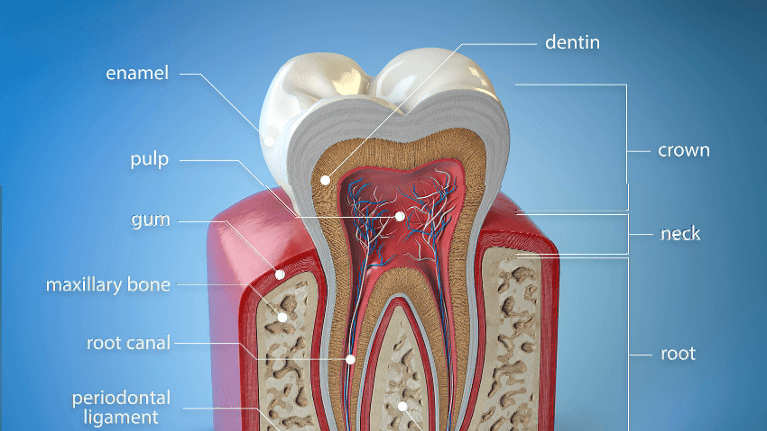
Understanding How Acidity in Food and Drinks Affects Your Tooth Enamel
We all love our favourite foods and drinks—coffee in the morning, a fresh juice, or a glass of soft drink with lunch. But did you know that many of these delicious treats are highly acidic, and that acidity can have a significant impact on your dental health?
Tooth enamel is the thin, hard outer layer of your teeth that protects them from wear and decay. Even though enamel is the strongest substance in the human body, it is weakened and can erode when it comes into contact with acidic food and drinks, resulting in weakened teeth and increased sensitivity.
What Causes Acidic Foods and Drinks?
Common acidic foods and drinks include citrus fruits (like oranges, lemons, and grapefruits), black coffee, soft drink, energy drinks, wine, and fruit juices. These items lower the pH level in your mouth, making it more acidic. When your mouth becomes too acidic, the minerals in the enamel begin to break down, a process known as demineralisation.
How Does Acidic Food Affect Your Teeth?
Frequent exposure to acid can soften and weaken your enamel, making it more vulnerable to decay leading to cavities. It can also contribute to tooth sensitivity, especially when consuming hot or cold foods and drinks. In the worst cases, prolonged acid exposure may even lead to enamel erosion, leaving your teeth more exposed and less protected over time.
Acidity levels
A typical healthy mouth has a saliva pH level that generally sits between 6.2 to 7.6 (slightly acidic to neutral). To understand this level, the pH scale reads from 0 to 14, with 7 being neutral. When your mouth drops to an acidity level of 5.5 and under, this is when you can get demineralisation and potential tooth decay.
Some of the popular drinks that have a high acidity level and can cause enamel erosion include:
- Coca-Cola (pH 2.5 – 2.7)
- Energy drinks (pH 2.5 – 3.3)
- Lemon water (pH 2 – 3)
- Apple cider vinegar (pH 2 – 3)
- Fruit juice (pH 2.5 – 4)
- Soda Water (pH 3-4)
Many people are drinking lemon water or apple cider vinegar as part of their daily routine. While they may have health benefits it is important to know, lemon juice is almost 100,000 times more acidic than water!
Tips to Protect Your Enamel
- Rinse with Water: After consuming acidic foods or drinks, rinse your mouth with water to help neutralise the acid.
- Wait to Brush: It may be tempting to brush your teeth immediately after eating or drinking something acidic, but brushing too soon can actually cause more damage. Wait about 20 minutes to allow the pH levels to go back to normal.
- Use a Straw: Drinking acidic beverages through a straw can minimise contact with your teeth, reducing the risk of enamel erosion.
- Choose Low-Acidity Options: If possible, opt for foods and drinks with lower acidity to give your enamel a break.
Taking care of your teeth goes beyond brushing and flossing. By understanding how acidity affects your enamel, you can make smarter choices to protect your smile for years to come.
If you would like to get more information regarding tooth sensitivity or tooth enamel, please phone reception at Griffith Street Family Dental on 07 5599 4643. You can also email us at info@griffithstreetfamilydental.com.au or book your dental consult or dental appointment online at www.griffithstreetfamilydental.com.au
We service patients from Northern NSW, Tweed, Tweed Coast, Coolangatta, Kirra, Bilinga, Tugun and surrounding areas. Dr Rakesh Bhula, Dr Selvan Dass and Oral Health Therapist Cheryll Dunn can help with tooth sensitivity or any toothache concerns.
Apr 10th, 2025.
